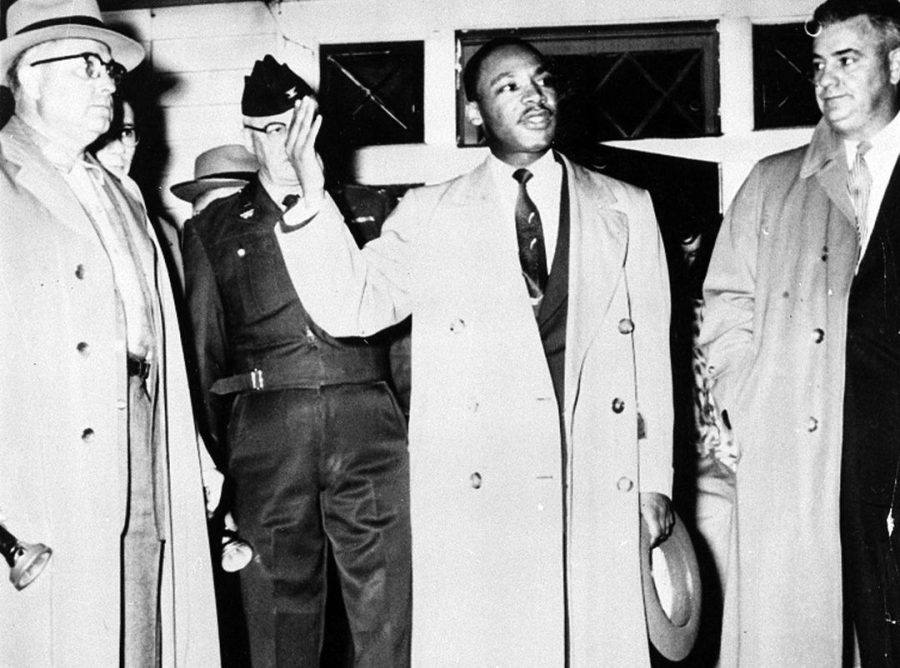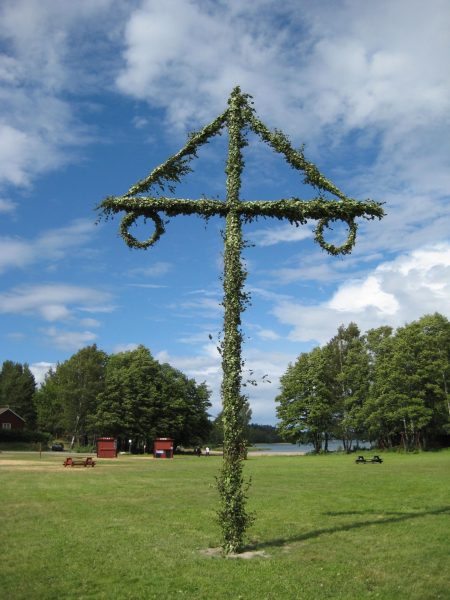Black History is more than just a month
February 18, 2023
February is the designated month to celebrate Black History; the time set aside to recognize accomplishments made by Black people, while also understanding the struggles and hardships they’ve needed to overcome. “The elephant in the room” is the fact that we celebrate these accomplishments in the shortest month of the calendar year. These two factors are purely coincidental since the real reason Black History Month is celebrated in February is to acknowledge Abraham Lincoln, who issued the Emancipation Proclamation and Frederick Douglass, a leader of the abolitionist movement. Both individuals were born in February, and so this month was chosen due to their contributions to Black folks.
There is no doubt that this month is also very capitalized. The bulk of social media posts flooding your Instagram and Twitter timelines are published during this time to gain traction on social media with brands hoping to appear on your explore page. And it works! This is not to discourage you from shopping at your favorite local outlet, but rather help you to understand that these companies are still around, even when a post is not going viral about them. The internet has this tendency to show us bits of viral information and then proceed to leave the viewer without any actual conclusion, causing them to make their own judgment or assumption.
Activism has happened and is still happening around us even if no one is talking about it. Every day, the work for racial justice and advocacy continues to improve in our community, in our University and in our neighborhoods. Honoring the work and effort put forth by Black communities does not dissipate once February ends and March begins. It is continuous and has always been that way, whether the media highlights it or not.
Dr. Denise Santiago, the Director of the Office of Multicultural Affairs, believes that the office helps the Black community at the University through services ranging from women’s collectives and drumming circles to social justice. The department also facilitates anti-bias and anti-racist workshops for students, faculty and staff.
Interpersonal Violence Prevention and Education Specialist, Ashleigh Andersen, spoke for the Office of Sexual and Interpersonal Wellness at the University on how the importance of intersectionality is understood within the community she advocates for. “Black History Month is a great opportunity to have a conversation about how the identities we hold impact how we experience the world. There is a long history of violence against Black bodies. Black cisgender and trans women are disproportionately affected by sexual and intimate partner violence.”
Andersen continued, “It is imperative that we commit to centering the experiences of those who are most marginalized by white supremacy, anti-Black racism and gender-based violence and celebrating and amplifying Black voices in the movement to end sexual violence and racism.”
Felicity Flores, a student assistant at the LGBTQA+ Center and a Peer Advocate Against Sexual Assault said, “All oppression is connected; Black liberation is in tandem with Queer liberation. There are numerous unsung narratives of Black Queer activists, recently the LGBTQA+ Center highlighted the accomplishments of Bayard Rustin as a Black gay civil rights activist.” Flores added, “I would like to honor the legacies of resilience in current activism and community. The LGBTQA+ Center is hosting weekly discussion groups including QPOC Talk, a discussion group for Queer folks of color. Community for Black folks is vital. I look forward to welcoming more BIPOC students into a shared safe space!”
The University has many resources that The Pace Press urges students of color and other marginalized communities to take part in. “We’re half-way through ‘Black History Month’ and the media will go on to celebrate Women’s History Month in March. Although February will fade, Black folk will continue to advance and create histories in the U.S. and the Diaspora,” Dr. Santiago said.
Understanding one’s culture and where one comes from is imperative, especially today, where attempts to alter history books and refuse to teach Black history in schools grow. There are many reasons why this is the case: fear, ignorance, racism and white supremacy standards, none of which are ultimately inexcusable. Even though our country still has ways to go, there are people who will rise in solidarity and fight for justice through resistance and strategic planning.












